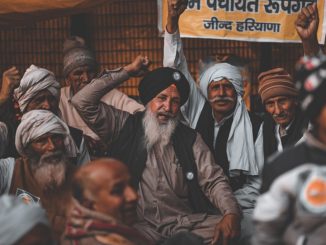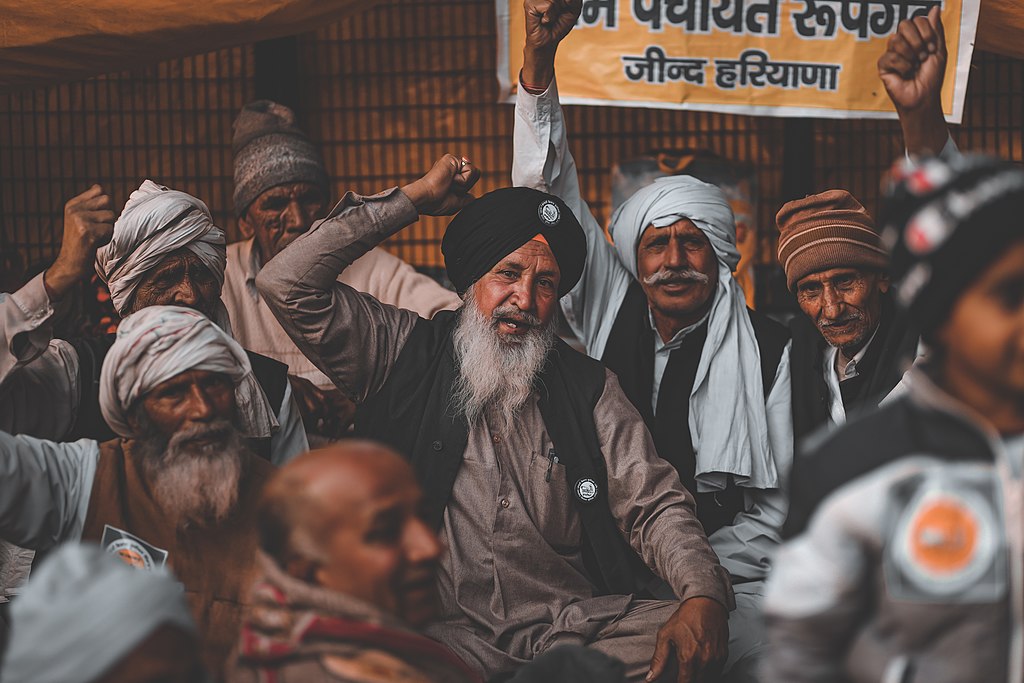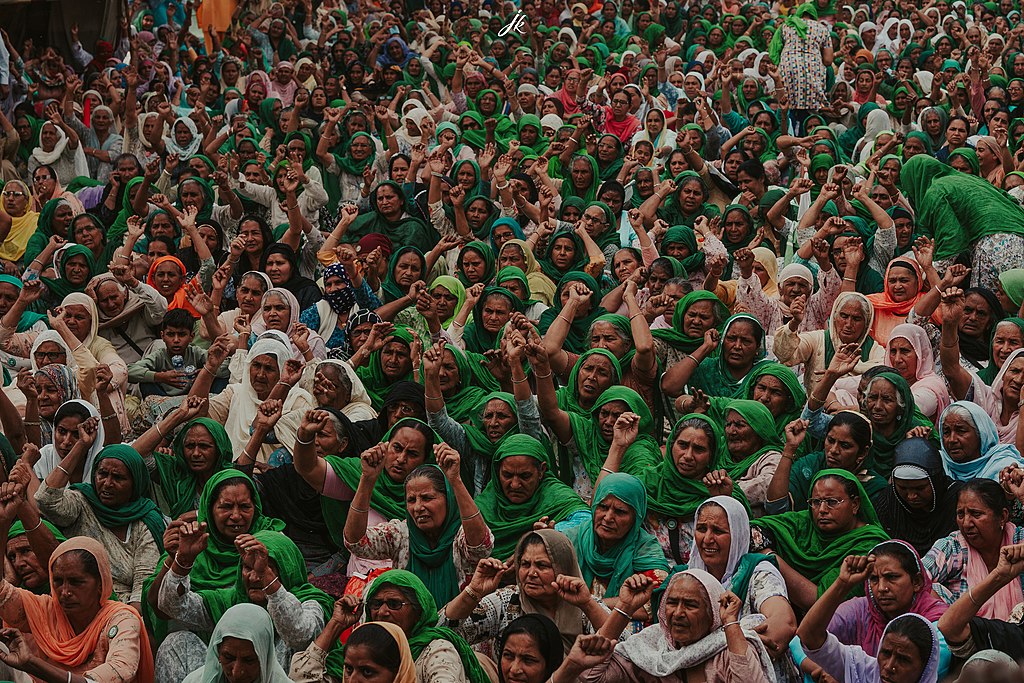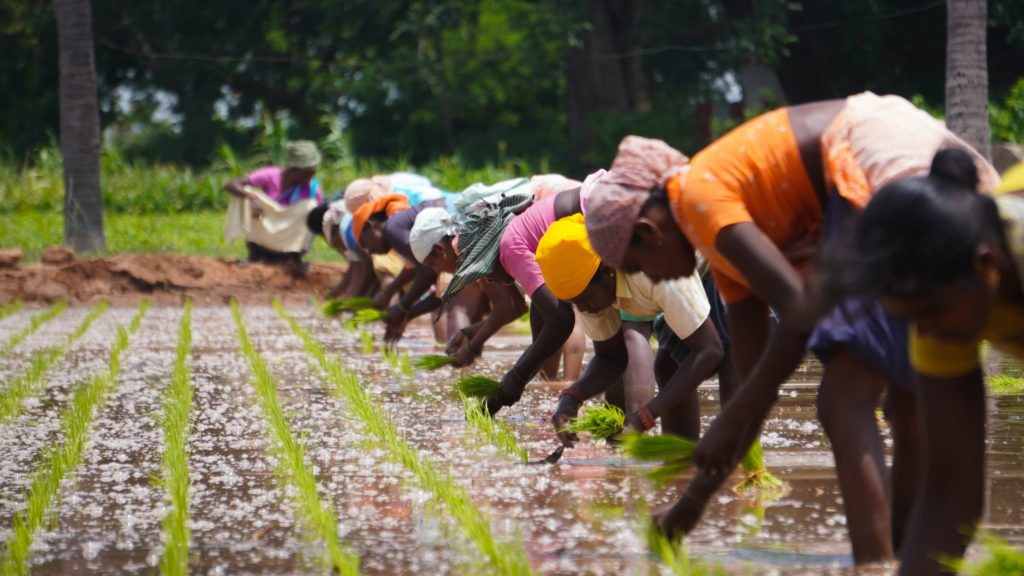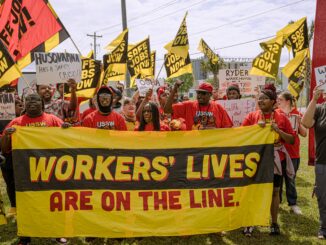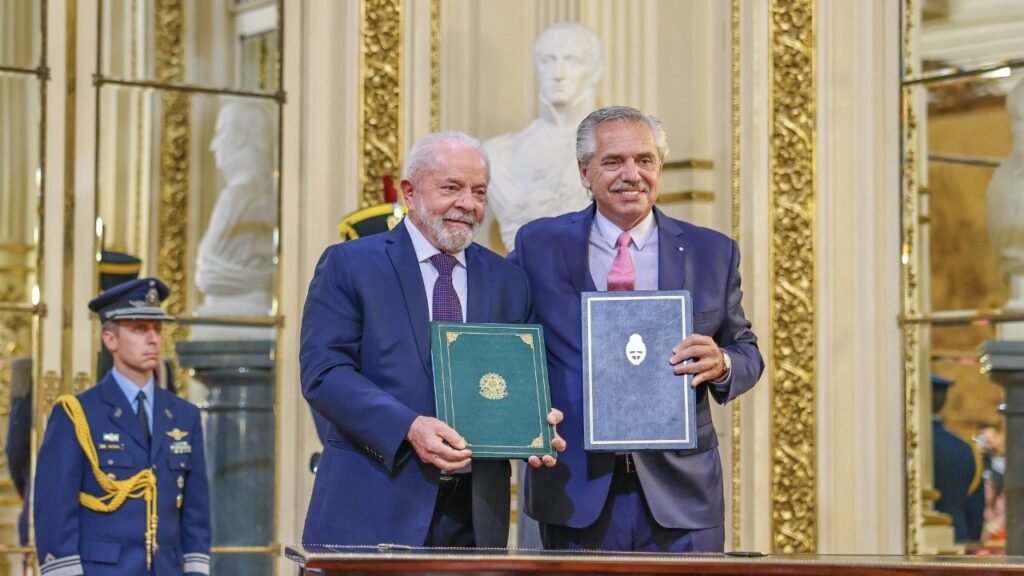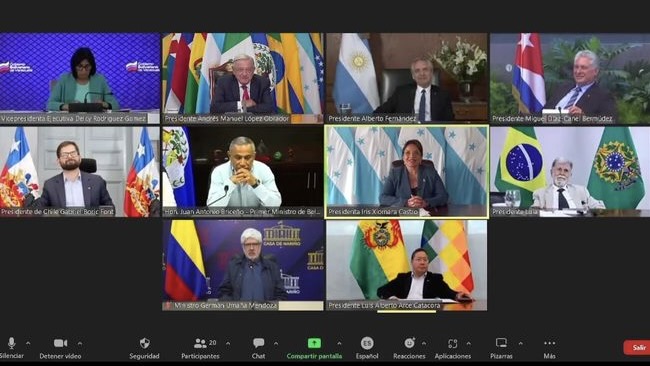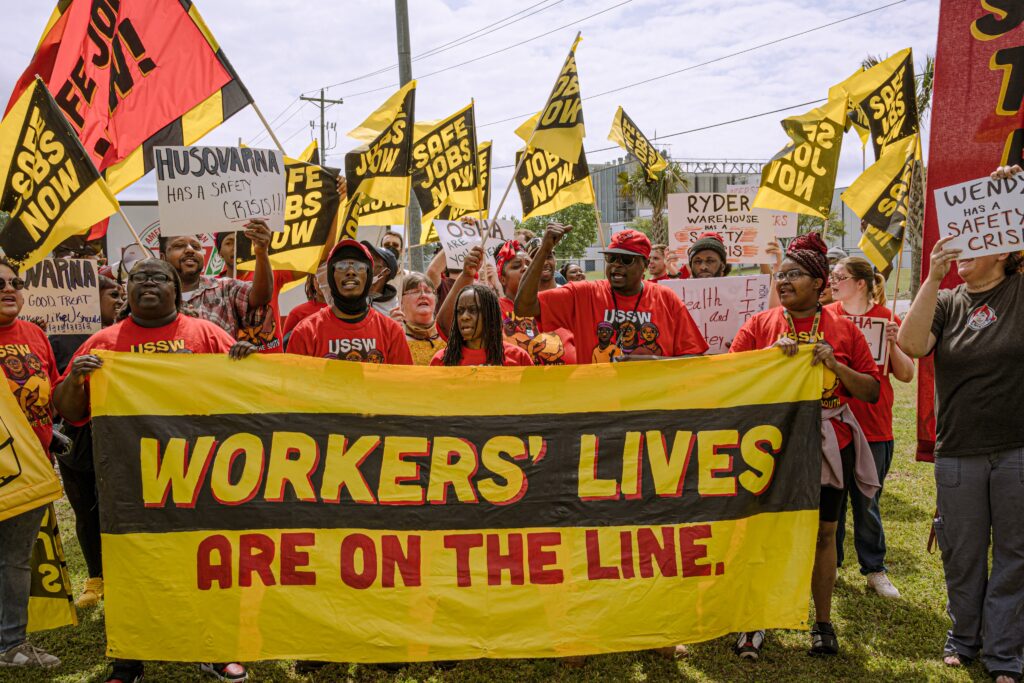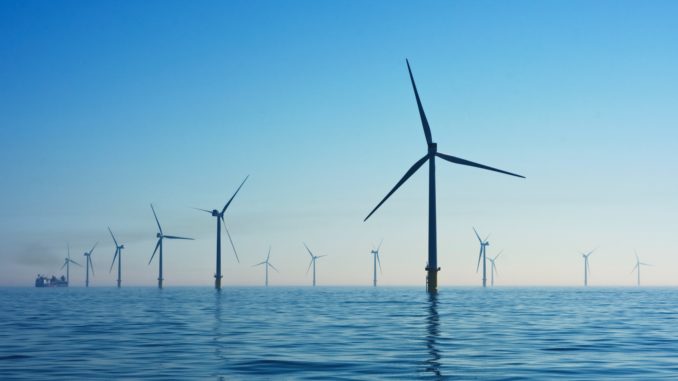
Record-breaking heat waves and economic hits as a result of the COVID-19 pandemic have prompted governments in the United States and the United Kingdom to consider enacting a Green New Deal (GND). But how might these GNDs play out? Will they curb emissions? More importantly, will they curb emissions while upholding the principles of social justice and equity?
In May 2021, Leon Sealey-Huggins, assistant professor in the global sustainable development division at the University of Warwick, wrote a detailed critique of GNDs, including those adopted by the U.S. Democrats and the U.K. Conservatives. Titled, “‘Deal or No Deal?’ Exploring the Potential, Limits and Potential Limits of Green New Deals,” the report calls for closer scrutiny. “GNDs that fail to address the fundamental questions of power, ownership and control will also fail to adequately ameliorate the injustices of climate breakdown,” the report stated.
GNDs also fail to address the need for drastic emissions reductions.
“Zero by 2050 is a global average target, and to be compatible with the principles of equity and justice under the Paris Agreement, rich nations have a responsibility to reduce emissions much more quickly than this, reaching zero by around 2030,” Jason Hickel, an economic anthropologist in Eswatini, the southern African country formerly known as Swaziland, told Toward Freedom. Hickel serves on the advisory board of the Green New Deal for Europe and on the Harvard-Lancet Commission on Reparations and Redistributive Justice. Hickel said GNDs need to include clear and explicit language on scaling down fossil fuels to zero, with binding annual targets.
“Right now, this language is totally absent,” he added.
Current Green New Deals Will Perpetuate Injustice
Max Ajl, an associated researcher with the Tunisian Observatory for Food Sovereignty and the Environment, said Sealey-Huggins’ critique is spot on. Ajl explained GNDs aim at “recolonizing the Third World through monocrop tree plantations, converting the Third World into biofuel plantations and other coercive mechanisms, rather than figuring out ways to reconstruct the United States and the European Union, so they remain socially complex, modern and industrial, but become sustainable, egalitarian and non-imperialist societies.” (“Third World” originally referred to developing states that did not align with the United States nor with the former Soviet Union. In this context, it refers to countries in the global South.) Ajl also is author of the recent book, A People’s Green New Deal.
Others, too, have expressed similar fears about further colonialism via GNDs. For instance, in a op-ed for Al Jazeera, Myriam Douo, a steering group member of Equinox
Initiative For Racial Justice, writes that by employing corporate solutions for climate change, the “EU’s Green Deal will entrench further European neocolonial practices.” Douo notes demand for metals such as nickel, cobalt and lithium has been driving labor abuses and environmental destruction. Such is the case in the cobalt mines of the Democratic Republic of the Congo and in lithium mines of Bolivia, Chile and Argentina.
The transition to clean energy requires metals like cobalt, copper, lithium, manganese, nickel and zinc for battery technology in electric vehicles, solar panels and wind turbines. A March 2021 report identified that about half the global supply of cobalt comes from the Democratic Republic of the Congo (DRC); over 80 percent of the global supply of lithium comes from Australia, Chile and Argentina; and 60 percent of the global supply of manganese comes from South Africa, China and Australia.
Between 2010 and 2020, a total of 276 allegations of human-rights abuses were identified in connection with companies that hold a majority-market share in clean energy minerals like cobalt, lithium and manganese, according to the Transition Minerals Tracker report released in February 2021.
Community impacts in the areas of health, violence and Indigenous rights constitute the biggest chunk of human-rights violations, while environmental impacts rank second. Pays to note that many of the countries that hold vast reserves of such minerals are already vulnerable—whether in terms of climate impacts or quality of human life in general.
Space for Improvement
Hickel noted that GNDs, as drafted, focus on emissions to the exclusion of resource use.
“We are overshooting a number of other planetary boundaries, which is being driven by excess resource use,” Hickel said. “Rich nations are overwhelmingly responsible for this problem, with per capita resource use vastly in excess of sustainable levels. The GNDs need to incorporate binding targets to reduce resource use.”
Ajl agreed. “The existing GNDs, including those from most progressives, are oriented to maintaining private control over the means of production, to ignoring climate debt, and to using materials-intensive technologies to solve what are often social more than technical problems,” Ajl said.
In the critique, Sealey-Huggins references versions of the GND Resolution, which the Biden administration might adopt. The resolution first was introduced in 2019 by U.S. Representative Alexandria Ocasio-Cortez (D-NY) and U.S. Senator Ed Markey (D-OR), both a part of the progressive wing of the Democratic Party. It cites itself as the first comprehensive plan in the United States that aims to tackle the scale of the climate crisis by recognizing deep-rooted economic inequalities. In April 2021, they re-introduced the legislation after it failed to advance in the Senate in 2019.
The GND resolution aims to achieve net-zero greenhouse gas emissions (GHGs) through a fair and just transition for all communities and workers. More specifically, it calls for actions like overhauling the transportation system, supporting family farming and investing in sustainable farming and land-use practices that increase soil health and restoring natural ecosystems. Biden’s plan for clean energy and environmental justice references the GND as “a crucial framework for meeting the climate challenges we face.”
But according to Ajl, even the original GND legislation progressives are promoting has its share of problems because it doesn’t do enough to fundamentally transform the system.
Sealey-Huggins too pointed out GNDs in the United States and the United Kingdom show a preference for highly technical, emissions-focused policies. And that by doing so, fail to democratize ownership and control via tools like social organization, redistribution and repair. He went even further to criticize roles adopted by institutions like the International Monetary Fund (IMF), which has conditioned aid on cuts to welfare services.
Sealey-Huggins suggests “reparative justice” as a path forward. That would involve global redistribution of power, wealth and resources; building grassroots power; and recognizing “shared goals” with movements led by the world’s Indigenous, African and oppressed peoples.
Rishika Pardikar is a freelance journalist in Bangalore, India.

